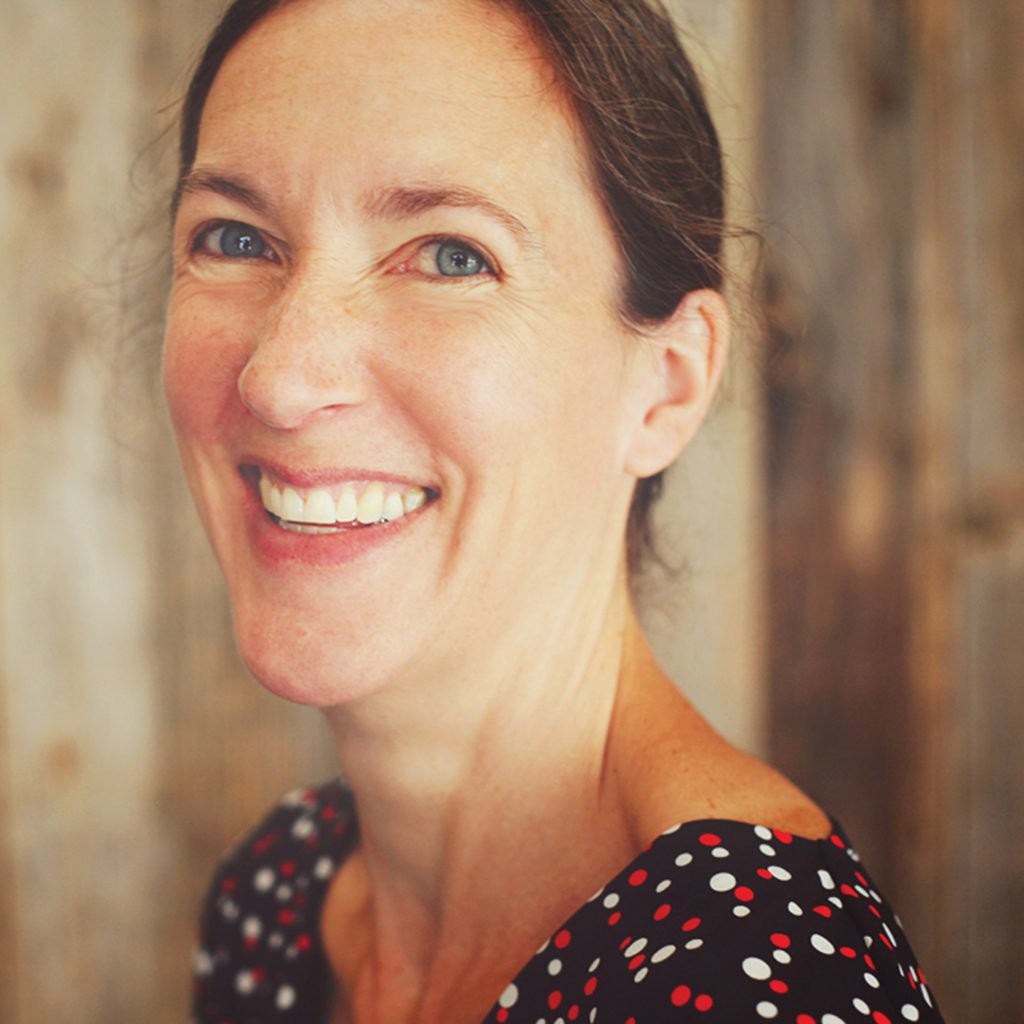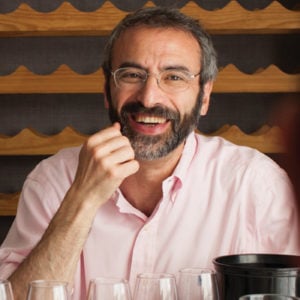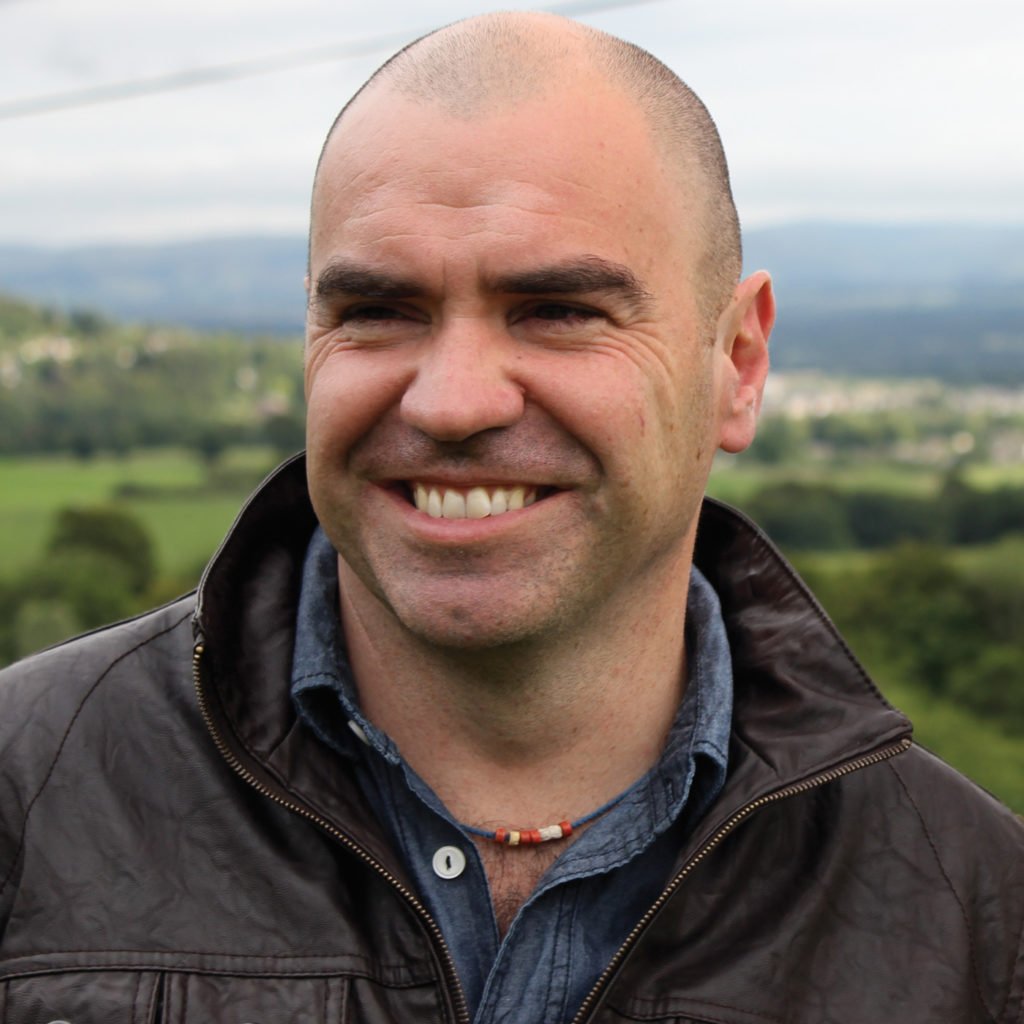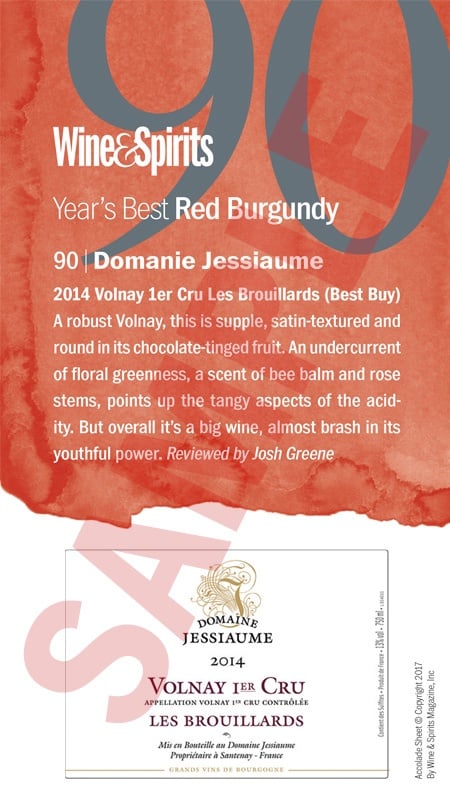“Cockles in broth?” Sam Geller asks Calla Camero. As they set up Rhodora for service, they’re brainstorming ways to sell more tins of the mollusks. The menu relies heavily on tinned seafood because the conservas are packed in easily-recyclable metals—an essential quality for the restaurant’s über-green mission. Rhodora doesn’t send anything to landfill.
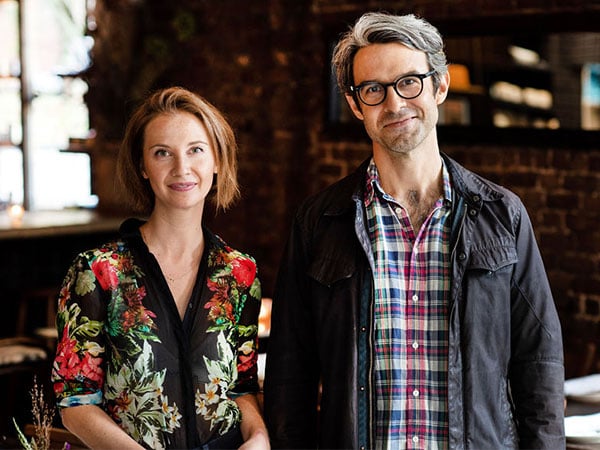

A zero-waste restaurant is not intuitive, easy or cheap. But co-owners Halley Chambers and Henry Rich are stubborn, and the staff at Rhodora is all-in. The space used to house Metta, a restaurant owned by the Oberon Group, Rich’s collection of carbon-neutral businesses (certified by Zero FoodPrint); those include restaurants Rucola and June, as well as Purslane, a zero-waste caterer. When Metta closed, they decided to build Rhodora around one idea: no catch-all black bins allowed. The idea came from a February 2019 pop-up dinner in Brooklyn hosted by Silo, a restaurant in London, where chef Douglas McMaster and his team recycle or upcycle everything: The ceramics are made with pulverized wine bottles and the tables are made of recycled plastic bags. They let neighbors add to their commercial composter because they produce so little food waste they can’t fill it themselves. McMaster calls it a “pre-industrial food system,” because he believes that excessive waste stems from our desire for excessive choice.
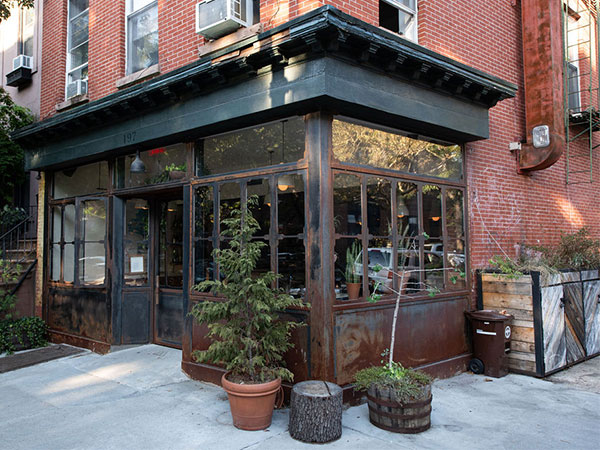

Rhodora has found their choices limited, though not as limited as one might think. Finding a cheesemonger willing to work without stickers or plastics posed an issue, but they’ve settled in with Cato Corner and Miracle Springs. To keep kitchen prep simple as they get used to their processes, they’ve chosen to go with canned seafood over fresh, much of it coming from Spain and Portugal. Going abroad for non-perishables might increase their carbon footprint but, Rich says, “We are investing in sequestration to offset that. Having removed that variable, I want to work with the person that has the highest integrity in terms of how they’re approaching the process.” Recently, they have been tasting samples from a Canadian company, slightly closer to home.
When it comes to wine, Rich found an alignment that didn’t require as much effort on their part. “A lot of natural winemakers are actually regenerative farmers,” he says. “They brought [their soils] back to life through organic matter, which sequesters an enormous amount of carbon because the microbial life in the soil needs carbon to grow. The natural wine world should talk more about how environmentally progressive it is and not just what the wine tastes like and how much sulfur they use.” The restaurant sends its corks to reCORK, and promotes magnums and large-format bottles, which have less extraneous shipping weight. For the moment, the bar taps pour only beer, but kegged wine is on their wish list.
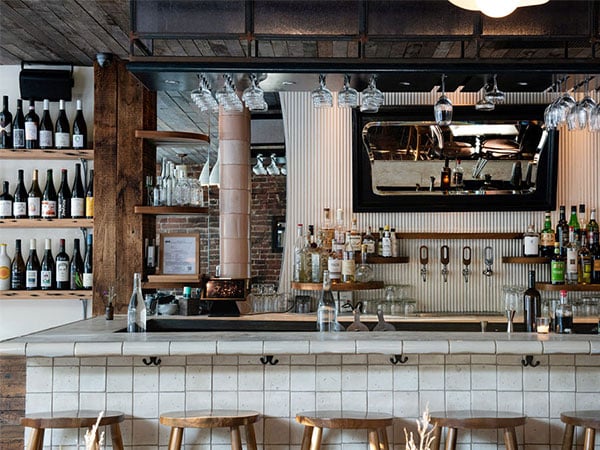

Rich and Chambers also did away with the standard restaurant business structure, favoring an egalitarian approach. There are no managers, no cooks and no servers. The staff greet, seat, pour, serve and wash dishes. This way, these jacks-of-all-trades can channel everything into its proper stream. Compostables are composted. Recyclables are recycled. It’s a radical approach of self-governance, and Rich finds it meshes with Rhodora’s overall mission. “We’re voluntarily opting out of the externalization of carbon and waste and we’ve taken direct responsibility for those outputs. It feels odd in that environment to not trust the staff.” Because everybody works in both the front- and back-of-house, everybody understands the challenges involved with zeroing out waste and where they’re falling short. As the staff gets more comfortable operating in the system, Rich says, they’ll continue to expand the menu—recently they’ve added a few sandwiches and experimented with pasta dishes.
The team at Rhodora wants to build a community of sustainably-minded people and to give them a forum for sharing ideas. Already, they’ve hosted an event with Soapply, a sustainably-minded company, and they plan to launch workshops to educate their community about food waste and sustainability. The restaurant’s compost goes to Brooklyn Grange, a company that manages almost six acres of rooftop farmland in New York City. Rich admits that the restaurant’s aggressively sustainable concepts are expensive, and hopes that by building these networks, the zero-waste goal may become easier or more affordable to implement. “It’s not great for the movement if sustainability is so expensive that it will only ever be this lifestyle affectation of the extremely wealthy,” he says.
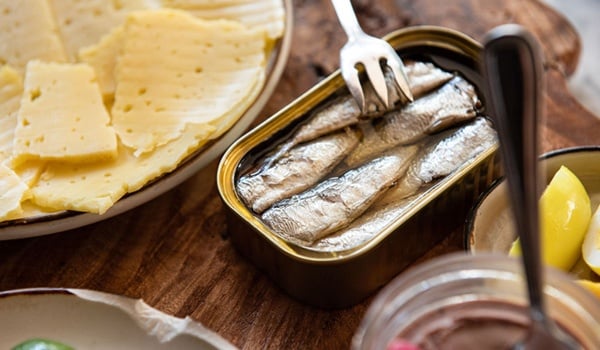

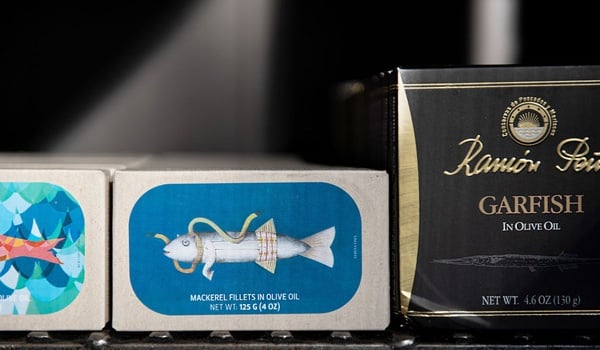

Rich and Chambers have been surprised at how readily some businesses have accommodated their requests. Arrow Linens not only stopped shipping to Rhodora in plastics, but hopes to remove plastic for all their accounts in the near future. When Rhodora asked A Priori, the conservas importer, to switch from plastic to paper shipping tape, the company decided to switch across the board. Rich says that the readiness of businesses to change their practices has been an “energizing” part of the process. Cato Corner was fretting over how to ship their cheeses without plastic until Chambers suggested…paper. No plastic, just…paper.
Or cockles in…broth? Only time will tell, and Rhodora is working to make sure we have more of it.
Corey Warren is the Tastings Editor in addition to covering the wines of the Loire, Southern France, Argentina and South Africa.
This story appears in the print issue of April 2020.
Like what you read? Subscribe today.







